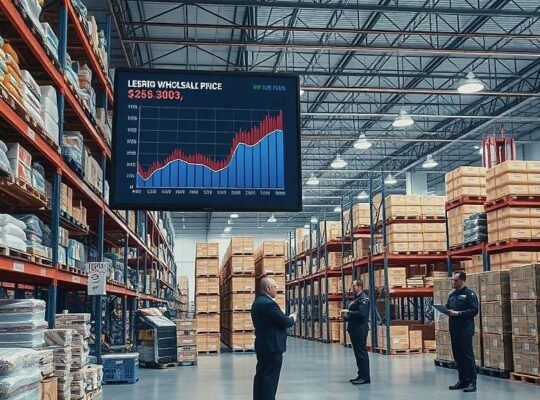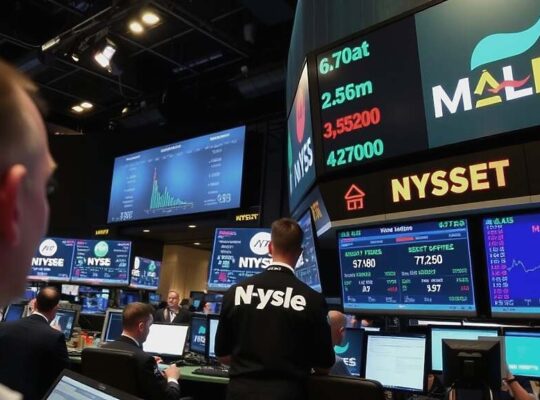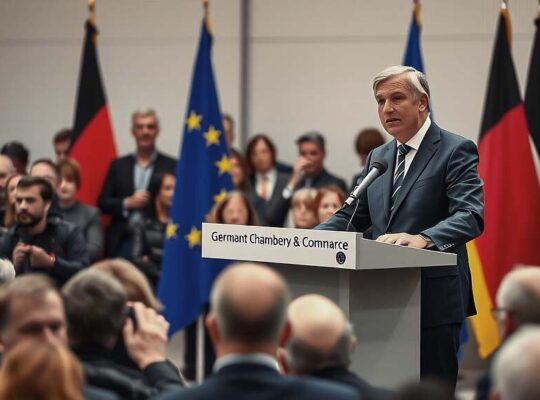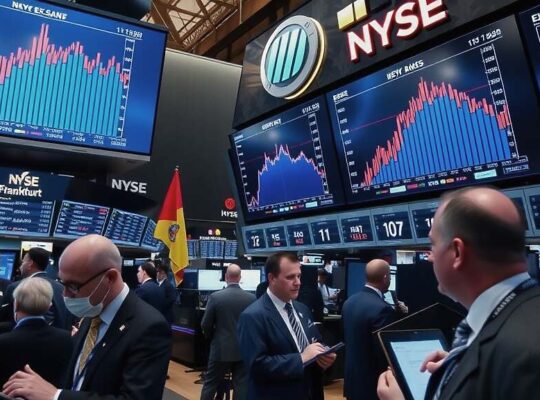Official data released this week by Destatis, the Federal Statistical Office, reveals a concerning trend of rising wholesale prices in Germany, sparking renewed debate about the government’s economic policies and their impact on consumer costs. October 2025 saw overall wholesale prices climb 1.1% compared to the same period in 2024, a deceleration from the 1.2% increase recorded in September, but still indicating persistent inflationary pressure. Month-over-month, prices edged up by 0.3%.
The primary driver of this overall increase is a significant hike in the cost of food and beverages, with average prices rising by a substantial 3.5% year-on-year, a development that is likely to translate to higher grocery bills for German households. Within this category, the price of coffee, tea, cocoa and spices has experienced a particularly dramatic surge, climbing a staggering 20.8% compared to October 2024. Sugar, confectionery and baked goods similarly saw significant increases (13.0%), alongside noticeable price hikes for meat, meat products and live animals (9.4% and 7.9% respectively).
The data also highlights a significant rise in the price of non-ferrous metals and related products, up 26.3% year-over-year and 7.9% month-over-month. This surge could have ramifications for several industries reliant on these materials, potentially exacerbating supply chain challenges.
While mineral oil products saw a decrease of 2.1% compared to October 2024 – a welcome, albeit temporary, reprieve – prices rebounded by 1.7% when compared to September 2025. Recycled materials and waste also registered a drop, but this was offset by broader inflationary pressures.
Opposition parties have seized on these figures to criticize the current administration, arguing that their policies have failed to adequately address the root causes of inflation. Concerns are being raised about the affordability of essential goods for lower-income families and the potential impact on the competitiveness of German businesses in the global market. Economists are now closely monitoring whether these trends will continue into the new year and whether further government intervention may be necessary, potentially triggering another round of debate regarding fiscal responsibility versus inflation mitigation.












